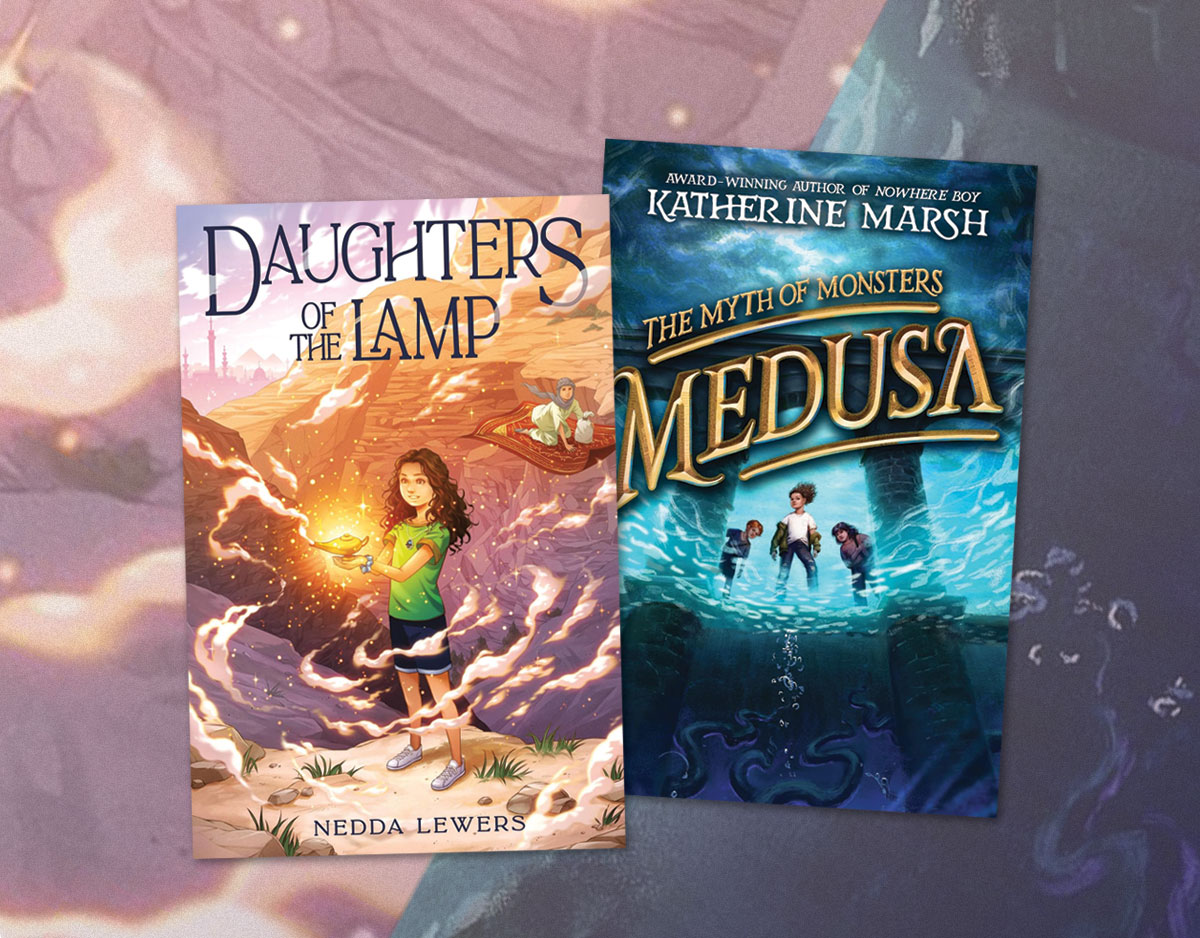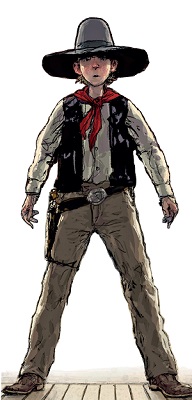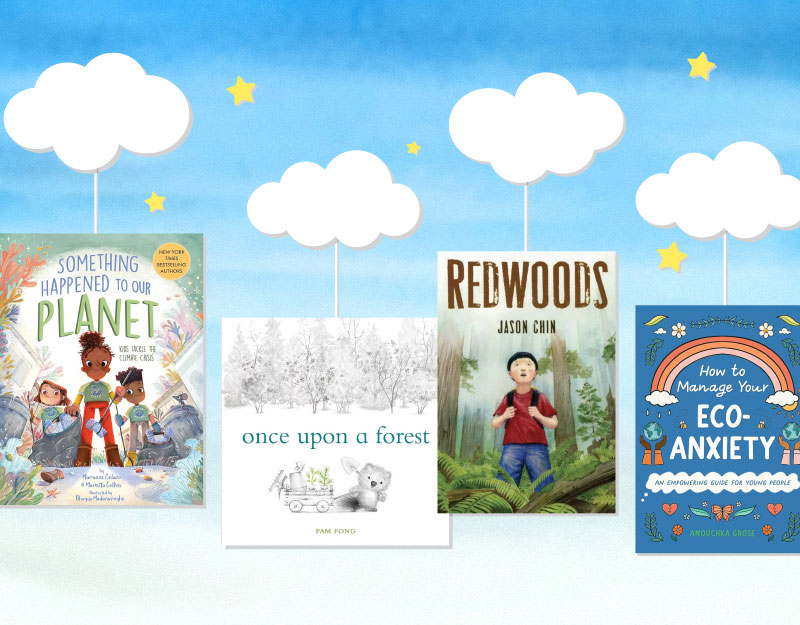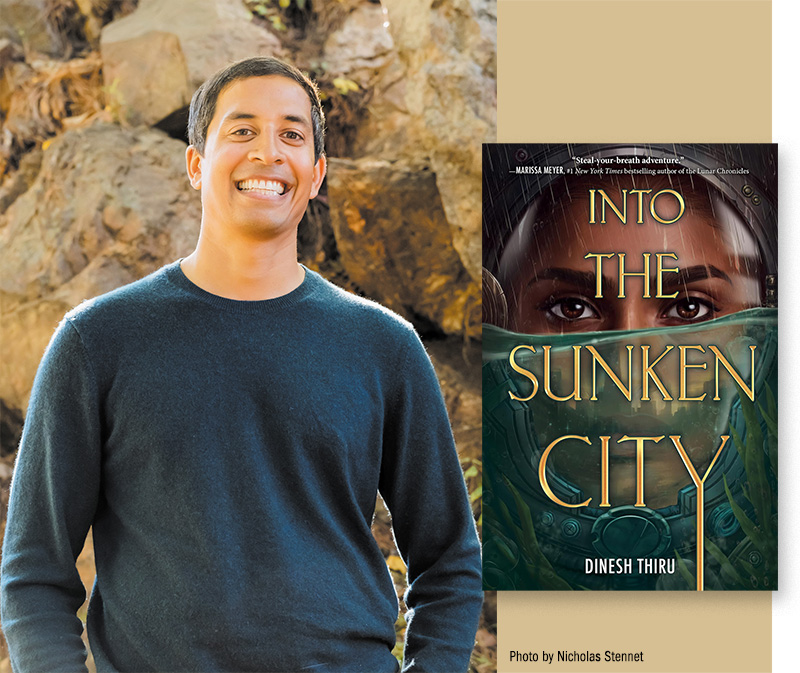Mighty PEN (Part Two)
(CONTINUED FROM PART ONE)
Being that the evening was based on the concept of providing honest books for young readers, it seemed logical for the discussion to take into account the idea of what it is to "lie". Lipsyte was adamant on this point. He made it very clear that lying is NEVER acceptable in children’s books. Williams then clarified that when it comes to writing books for children you have to deal with "another kind of honesty" particularly if you are working within the limitations of a picture book format. Authors in these cases must condense the truth without perverting it. No easy task. Bartoletti followed this up with the observation that we should tell our stories as honestly as we can. If a story doesn’t grab her and is just meant to "teach" then she won’t write it. It is important to remember too though that, as Lipsyte said, there’s a difference between a mere suspension of disbelief and "bullshit". Interestingly, Williams mentioned that some people feel that her own books have "lied". In A Chair for My Mother the neighbors all pitch in when someone loses their home. Yet a woman once told her that this kind of communal reaction would never happen in her own neighborhood and was, therefore, dishonest. So if a piece of writing doesn’t speak to the experiences of the reader, they may decide it doesn’t reflect their own reality and, therefore, lies. Bartoletti would later point out that silence itself in the context of a book can be considered a lie, so there’s that to consider as well.
It all got me to thinking too. I mean, what do we consider "lying" in fiction? Remember the anger that was lobbied against The Boy in the Striped Pajamas? Were people mad because they felt that the whole fable aspect wasn’t a delightful trope but, instead, a very painful lie? How can an author tell the difference?
The conversation segued nicely into Bartoletti’s comments on how this all applies to non-fiction. She pointed out that in the 90s, protagonists in works of non-fiction books about labor were passive (think kids in mills) while in fictional books like Lyddie they were active. Her desire behind her book Kids On Strike was show real kids in real life "actually with an agency" that belied the old stereotype. Now here’s where Kuklin, who has been moderating the entire evening with aplomb, really gets clever. She ties these statements of Bartoletti into Lipsyte’s earlier statement that his books show "all the warts." He noted that not ALL the warts appear in his books. That wouldn’t make it children’s literature, after all. But sure enough a book like Heroes of Baseball displays the ugly side of baseball "heroes". Says Lipsyte about the book, you need to show enough of what is good and enough of what is bad about these characters. Let the kids draw their own conclusions. He went on to say that he enjoyed Hitler Youth because it dared to make you think to yourself, "Would I have been a Hitler Youth?"
ADVERTISEMENT
ADVERTISEMENT
The evening could have been considered interesting from a YA perspective alone. First of all, consider Robert Lipsyte. Since YA fiction finds its roots in a variety of different titles, you can’t necessarily call Lipsyte’s The Contender the first of its kind. Still, there’s no denying that the man must be credited as one of the founders of young adult fiction intended for young adults. At the same time, the audience around me appeared to be filled with David Levithan’s New School students on a field trip. So when Lipsyte started to tear into the more chick lit-ish aspects of some YA books (emphasis, and the word itself, my own) I was amazed to see the Levithanians did not rise as one or, at the very least, offer some kind of response to some of his choicer statements.
Other people offered questions at the end. Smart questions too. One man asked about how authors deal with the elimination of additional dimensions in children’s works. This lead to a discussion of editing vs. censorship. Another person brought up children’s films and I was delighted to see Ms. Williams say that movies for kids definitely have less honesty than books. And when Bartoletti mentioned how books have a much wider subject range, it got me to thinking. Maybe this accounts for the popularity of book trailers. When you live in a time period where realistic children’s books get filmed only when you drop in CGI elements (Bridge to Terabithia) or when you film them for television (Pictures of Hollis Woods) then you see instantly how limited they are, compared to books.
A good time was had by all, I think. I was satisfied and I’ll certainly be watching PEN for even more upcoming events in the future. Hopefully I’ll get to see how all of this applies to the books I read and review close at hand.
- For the podcast of Dreadful Lies/Peculiar Truths
- For the podcast on the PEN site of a recent interview done with Susan Patron and Robie Harris (so so cool)
Filed under: Uncategorized
About Betsy Bird
Betsy Bird is currently the Collection Development Manager of the Evanston Public Library system and a former Materials Specialist for New York Public Library. She has served on Newbery, written for Horn Book, and has done other lovely little things that she'd love to tell you about but that she's sure you'd find more interesting to hear of in person. Her opinions are her own and do not reflect those of EPL, SLJ, or any of the other acronyms you might be able to name. Follow her on Twitter: @fuseeight.
ADVERTISEMENT
ADVERTISEMENT
SLJ Blog Network
Name That LEGO Book Cover! (#53)
Exclusive: Vol. 2 of The Weirn Books Is Coming in October | News
Fighting Public School Book Bans with the Civil Rights Act
Take Five: Middle Grade Anthologies and Short Story Collections
ADVERTISEMENT







Since when is “Being that…” an acceptable grammatical construct? SLJ should know better.
Being that SLJ doesn’t correct my grammar (or my spelling, to my immense chagrin) and being that I’ve made far worse grammatical flubs and folderols in the past, I am at peace with myself and the world.
You crack me up, Betsy!
You mean “construction,” JoAnne, not “construct.”
I have no idea how you find the time to attend all the interesting events you attend, but I’m grateful that you do! Thanks for sharing with us the PEN event highlights, it’s a fascinating topic.